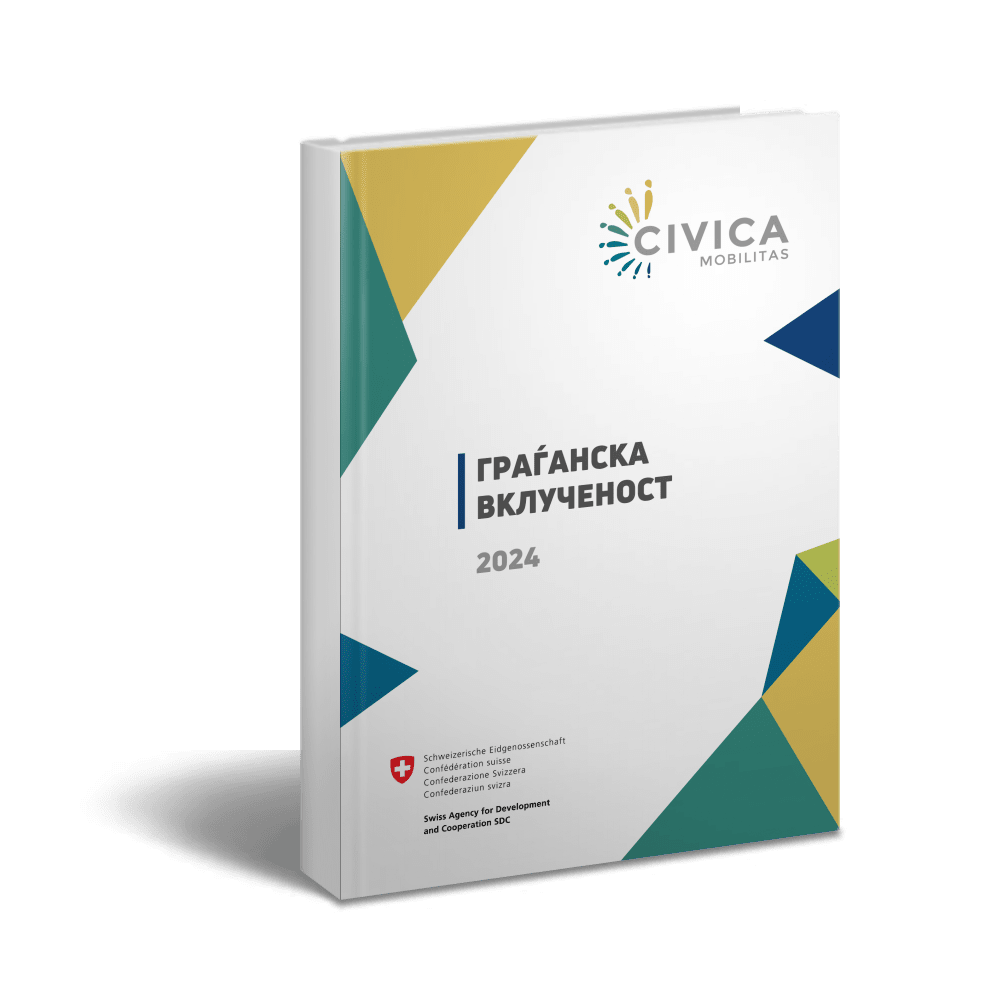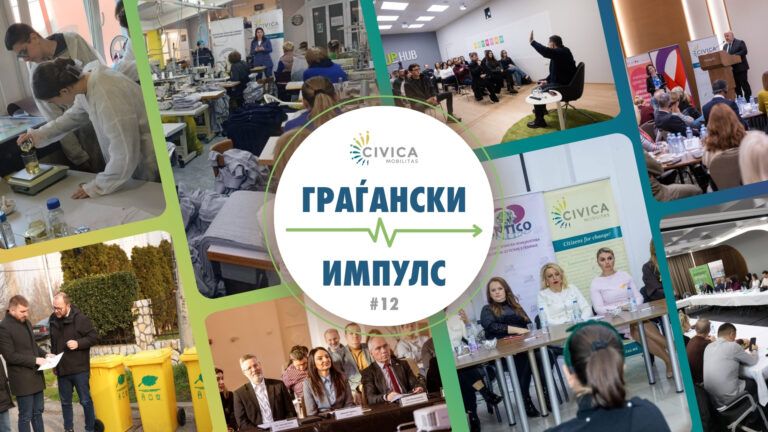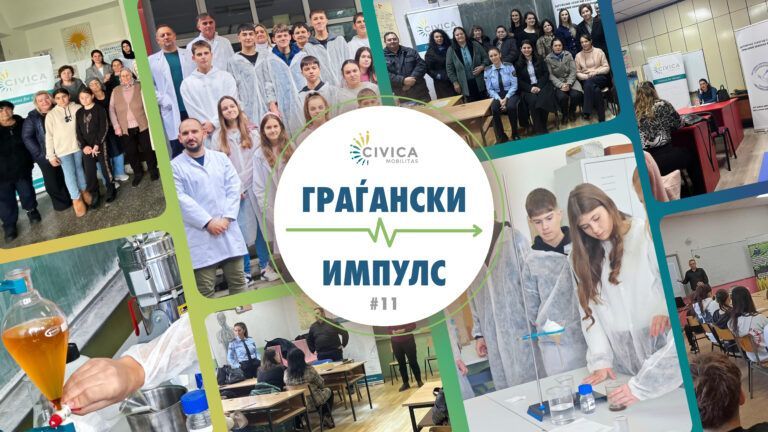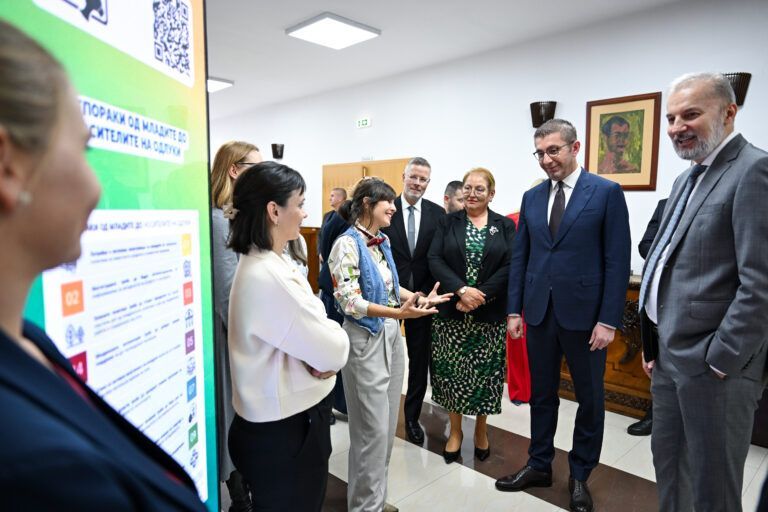Civic Engagement in Macedonia
The research Civic Engagement 2024 reveals important finds on the participation of the citizens in various types of associations, politically non-partisan activities and volunteering, as well as the reasons for (non)involvement and their motivation for civic engagement. Almost half of the citizens (46.8%) do not know what types of association would contribute to their needs. Out of those who have responded positively, the most numerous are (23.1%) the citizens that think that churches and religious communities are the type of associations that contribute to supporting their needs. Unlike them, political parties are the ones that are most rarely chosen by the respondents (5.3%).
As far as the political non-partisan activities, the citizens have most often signed petitions and participated in peaceful protests (21.1% and 24.8% respectively). Compared to 2021, there is growth of 15.0% and 14.1% in both of these activities respectively. Unfortunately, the number of those who would never participate in such activities has also grown, and the differences are between 6.4 and 24.5 percentage points. Another piece of bad news is the drop in the numbers of potential participants, i.e. those who have not participated, but would do it in the future. The drop is between 17.9 and 24.2 percentage points. Demographically, the age differences are the most striking, as the young people (18-29 years old) are more eager to participate, and as the age grows, the percentage of those who would not participate at all also rises.
Personal reasons, i.e. lack of interest or will to participate are the most common reasons for 46.8% of the respondents not to participate in non-partisan, political activities. The second most mentioned reason in being too busy (25.3%), and the third one is not being informed (10.3%). Personal reasons prevail with the older respondents, especially with those above the age of 65 (55.9%), while with the young people (18-29 years old) it is being too busy (28.9%) or lack of information (10.2%).
The membership in CSOs is at a very low level, only 4.2% of the respondents stated that they are members of a CSO. The reasons for not being a member are personal with around one third of the respondents (33.8%), such as lack of interest of refusal to be a member and being too busy and not having enough information are the reasons for 24.5% and 7.9% of the respondents respectively.
The citizens mostly want to volunteer in social and humanitarian organizations. Total of 30.1% of the respondents stated that they had already volunteered or would like to volunteer in such a type of organization. They are also willing to be involved in environmental organizations (26.5%) and organizations on culture and education (23.3%).
The research has been conducted via a field survey of a national representative sample of 1,000 respondents, including population older than 18, and the representativeness criteria include sex, ethnic affiliation, age, place of residence and regions. The data have been processed with a frequency and proportion of the answers, with a reliability level of 95% and a margin of error of +/-3%. The survey was conducted in the period of 20th April to 25th May 2024, and for MCIC the survey was conducted by M-Prospect.





![Sre]ni praznici(2)](https://civicamobilitas.mk/wp-content/uploads/2025/12/sreni-praznici2-768x432.jpg)



